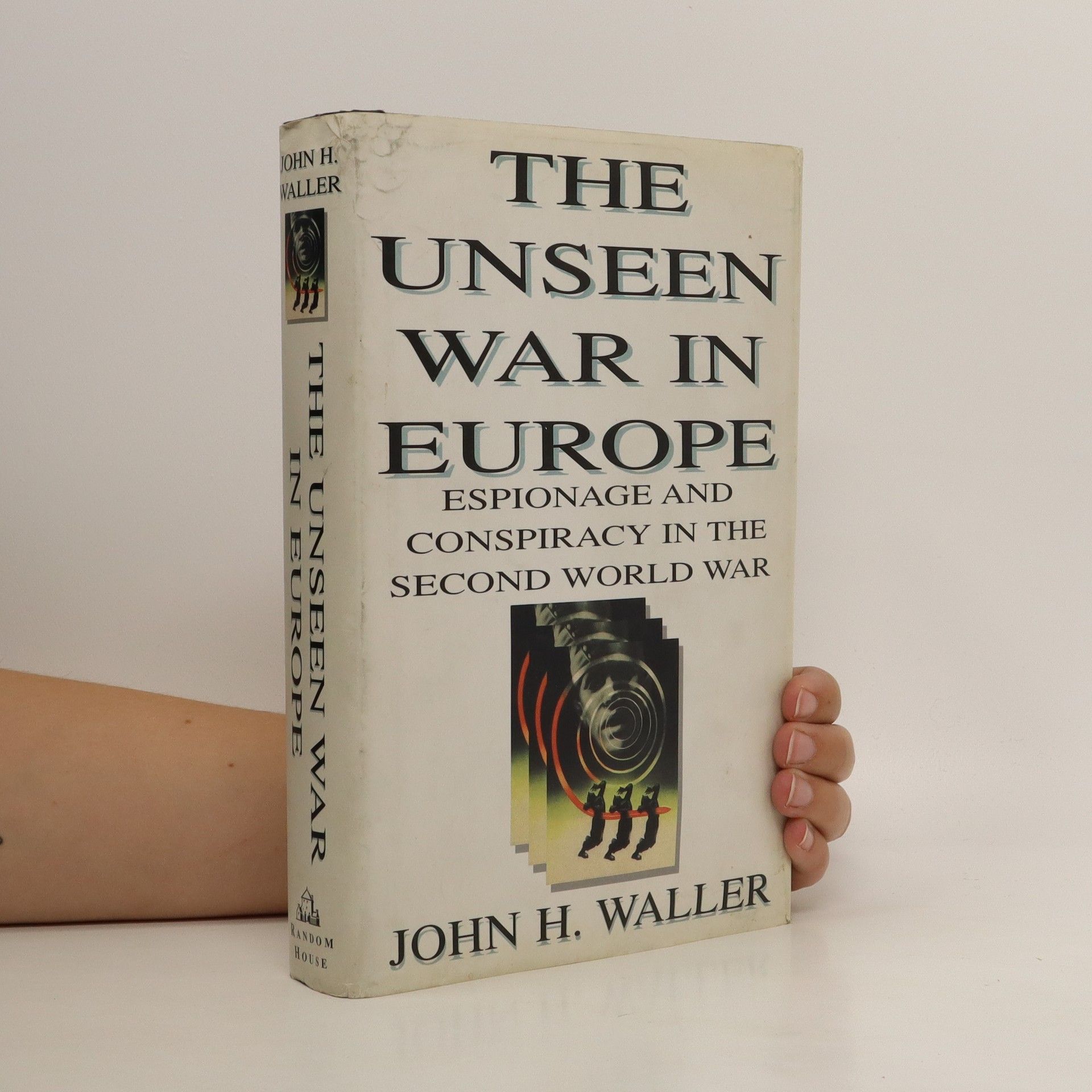Ďáblův doktor
- 343bladzijden
- 13 uur lezen
Příběh F. Kerstena, úspěšného fyzioterapeuta, který od roku 1940 do konce války pracoval jako osobní masér Heinricha Himmlera. Felix Kersten, úspěšný fyzioterapeut, se v r. 1940 vlivem okolností stal osobním masérem Heinricha Himmlera. Do konce 2. světové války byl v úzkém kontaktu s tímto předním nacistickým pohlavárem a v centru dění, kde se rozhodovalo o existenci Třetí říše a osudu mnoha židů uvězněných v koncentračních táborech. Kersten u Himmlera často uspěl se svými názory a prosbami. Jeho největším výkonem bylo zorganizování tajné schůzky mezi Himmlerem a zástupcem Světového židovského kongresu. Příběh člověka, který přes nebezpečí, které mu od nacistů hrozilo, využil svého osobního vlivu ve prospěch lidskosti.


